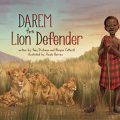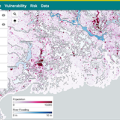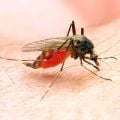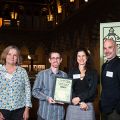Impact case studies
The Oxford Impacts series celebrates the range of impacts the University has on the world of policy, health, business and culture. All of this is enabled by the world-leading research of Oxford academics. This set of case studies showcases academic research, across a range of subjects, that has had an impact on the world.
If you know of some impact from Oxford research which we should showcase please contact the Innovation and Engagement Team.











